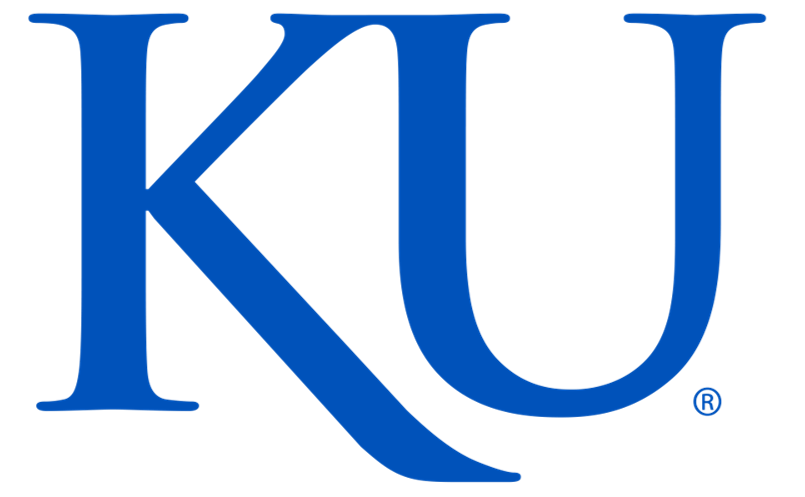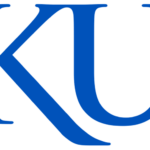
The KU Field Station is situated within the grassland/forest transition zone (ecotone) of North America, where the eastern deciduous forest and tallgrass prairie biomes meet. Its mission is to foster scholarly research, environmental education and science-based stewardship of natural resources. Faculty, students and visiting researchers use the field station’s diverse native and managed habitats, experimental systems, support facilities and long-term databases to undertake an a wide variety of scholarly activities.
The KU Field Station was established in 1947, originally known as the Kansas Ecological Reserves. This biological field station has been part of the University of Kansas since establishment, however, various academic departments and research units have overseen operations throughout it’s history. The KU Field Station has been managed by the Kansas Biological Survey & Center Ecological Research since the late 1990s.
-

- North America
- 350 Wild Horse RD
- Lawrence
- 66044
- United States
- Kansas
- 39
- 95
- fieldstation@ku.edu
- https://biosurvey.ku.edu/fieldstation
- 1947
- Yes
- University of Kansas
- Strong Hall
- 1450 Jayhawk BLVD
- Lawrence
- 66045
- United States
- Kansas
- Sheena Parsons
- sheenap@ku.edu
- Station Manager
- 2101 Constant AVE, Lawrence, KS 66047
- +17858646070
- Sara Baer
- sgbaer@ku.edu
- Sheena Parsons
- sheenap@ku.edu
- sheenap@ku.edu
- $200,001 - $500,000
- 1001-2500
- NEON
- The Nature Conservancy
- Yes
- Yes
- Yes
- Yes
- Yes
- Yes
- 3-5
- 0
- 1-10
- 26-50
- Yes
- On Grid
- 21-40 minutes
- Yes
- Undergraduate
- Yes
- Yes
- Terrestrial
- Temperate Grassland
- 101-300 meters
- 301-750 meters
- D (continental)
- Yes
- Rural
- Yes
- Yes
- Yes
- Yes
- Yes
- Yes
- Yes
- 60
- 20
- 20
- Year Founded
- 1947
- Year Joined OBFS
- Size of Field Station (hectares)
- 1001-2500
- FSML Web Address
- https://biosurvey.ku.edu/fieldstation
- Private nonprofit organization?
- No
- Universities affiliated / Parent Organization
- University of Kansas
- Federal, state, or local governmental partners?
-
NEON
- Member of the Virtual Field
- Yes

